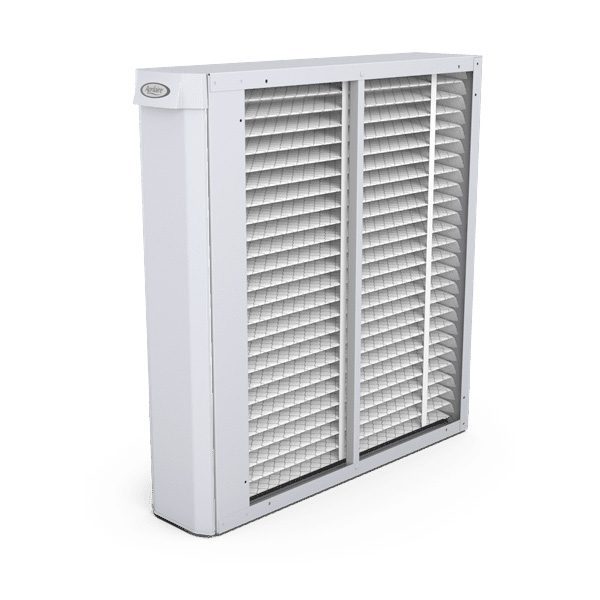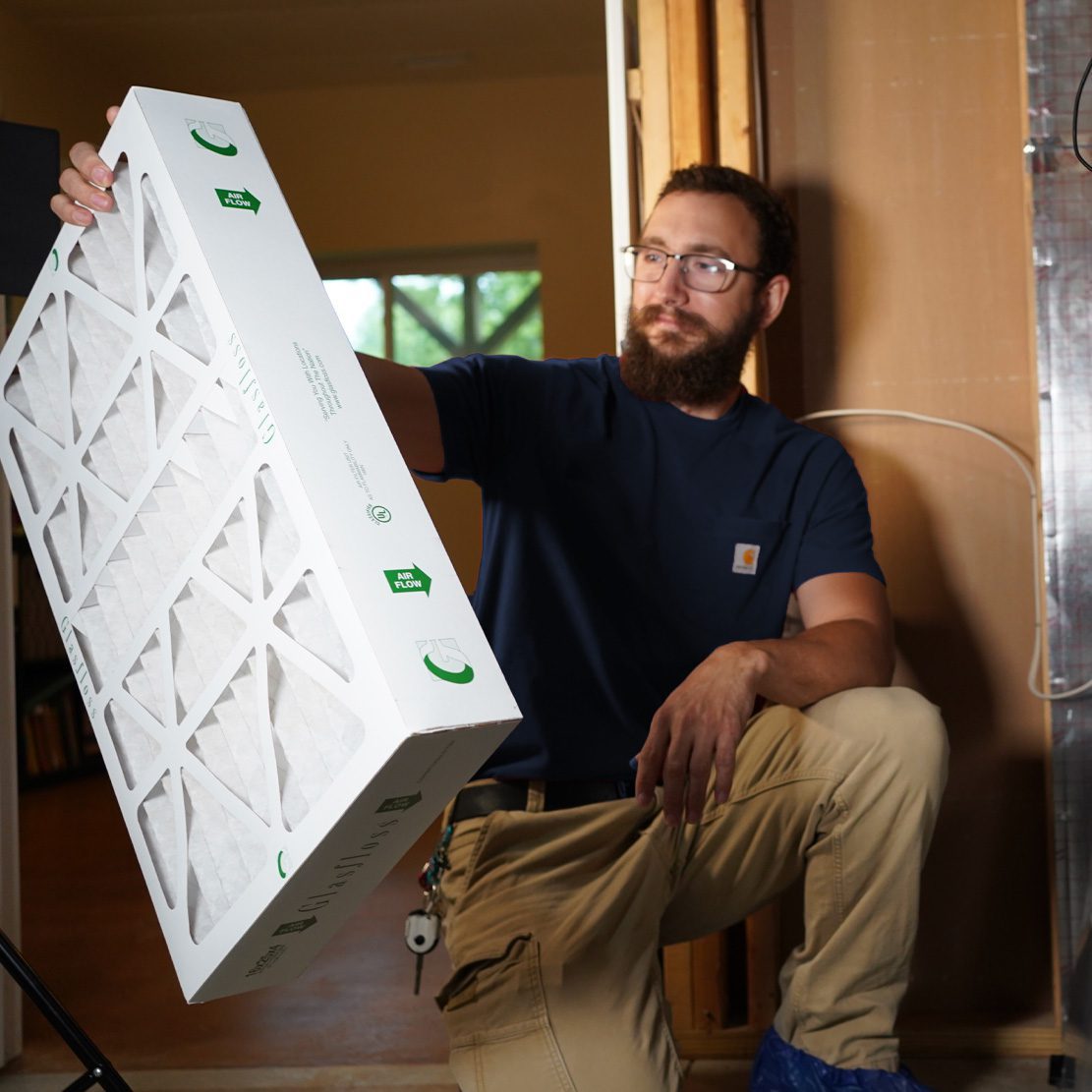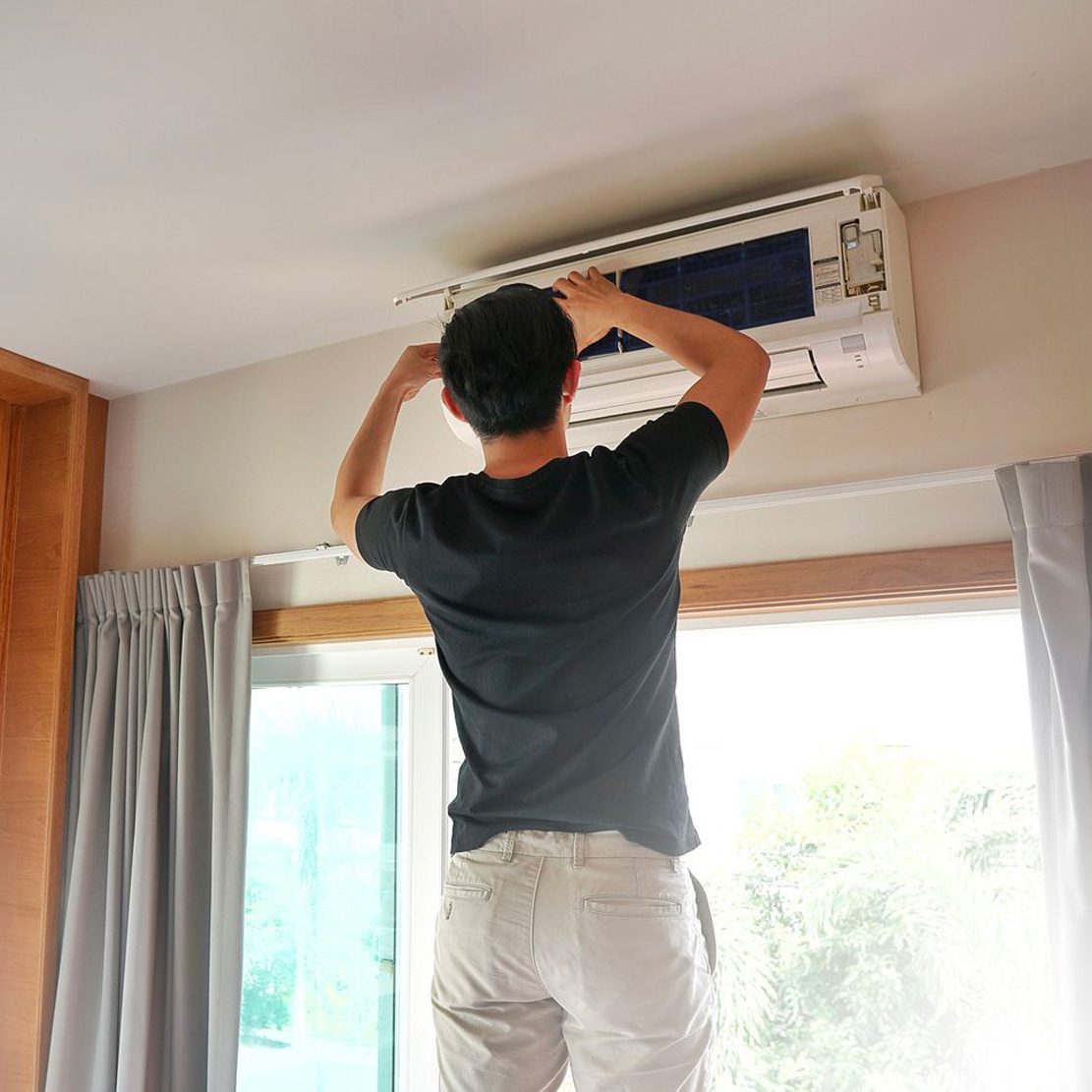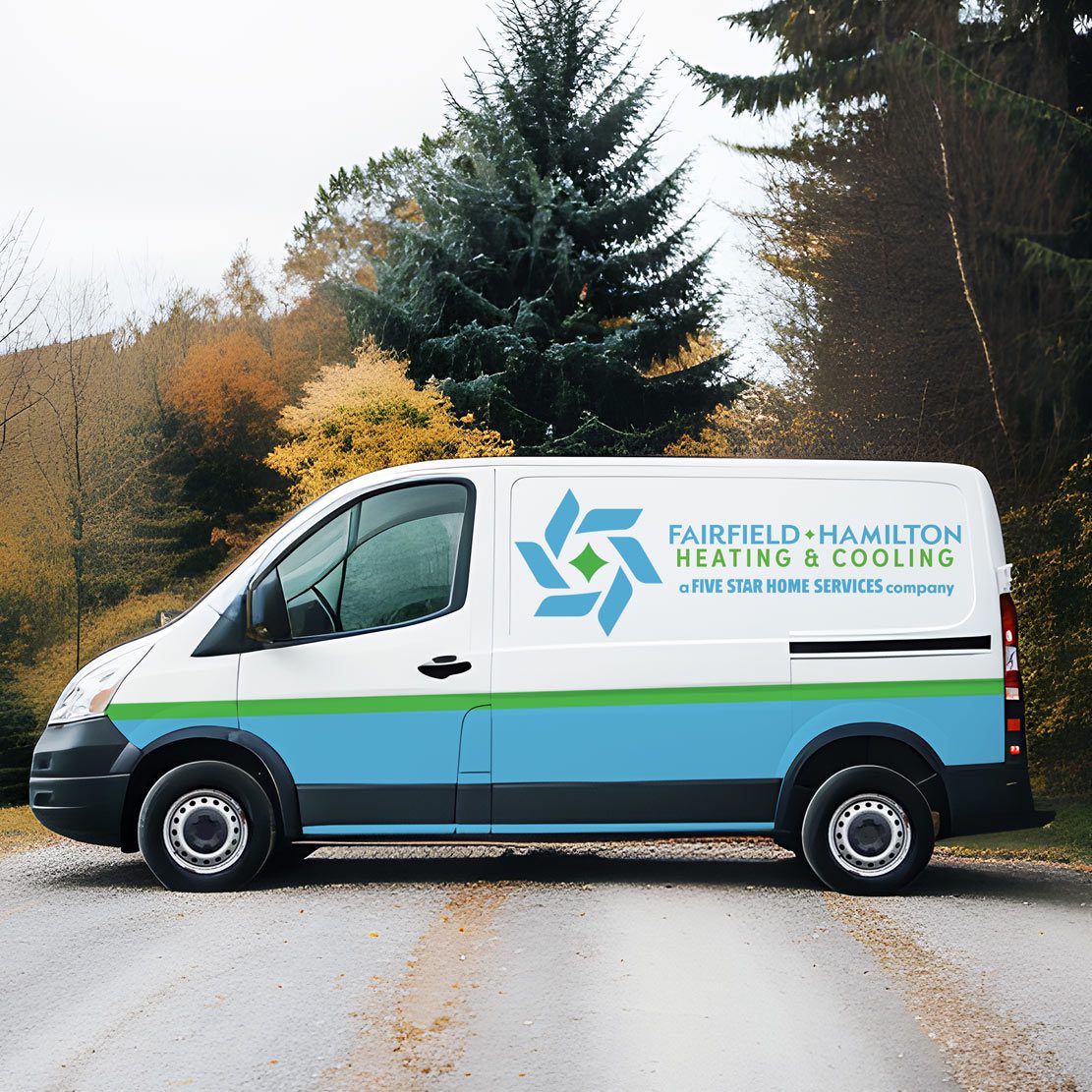Media Air Filter Services in Fairfield, OH & Hamilton, OH
Changing your air filters on a regular basis is an essential part of HVAC system maintenance and will increase system longevity. Because they lessen the pressure brought on by impaired airflow, properly placed filters are essential for preventing problems with airflow and minimizing the need for repairs. It is recommended that homeowners check their air filters carefully at least once a month and replace them right away if necessary.
But we at Fairfield-Hamilton Heating & Cooling stress that there are differences between different types of air filters. The regular air filters that are included with your home heating systems are largely meant to safeguard your HVAC system; they are not very effective at improving the quality of the air. If you want to increase the quality of your air, switching to a four-inch air filter instead of the more usual one-inch model or purchasing a media air filter with a higher MERV rating can help a lot. You’ve come to the right place if you live in the Greater Cincinnati area and want to improve the quality of the air indoors by upgrading your air filter.


What is the Difference Between a Media Air Filter and a Standard Air Filter?
In a nutshell, efficacy and size. In essence, a media air cleaner is a cabinet installed in the return air duct of forced air HVAC systems. By filtering the air, they raise the quality of the air. Regular filters don’t really improve the quality of the air; they are only an inch thick. All they do is safeguard the apparatus. Because of this, ordinary air filters are one inch thick, whereas media air cleaners are four to five inches thick. More and better air filtering is possible because to the bigger filter.
Top brand names in indoor air quality are available at Fairfield-Hamilton Heating & Cooling. A few examples of these items are the Honeywell Whole House Air Cleaner and the Aprilaire Air Purification System.
4 Types of Air Filters
HEPA FILTERS
HEPA filters, or high-efficiency particulate air filters, have a specially designed filtration technology that is able to trap up to 99.97% of all particulates in the air in your home. Commonly used in hospitals and laboratories and other medical facilities, HEPA filters are not intended to be used on a lot of residential HVAC equipment, so be sure to check with your technician before trying to use one on your system. Also, keep in mind that like any other filter, HEPA filters need to be replaced regularly.
CARBON FILTERS
Carbon filters are designed specifically to remove odors. Odors are often tiny gas particles that cannot be captured by normal air filters, or even highly efficient filters like electrostatic and HEPA filters. The carbon in carbon filters is treated with oxygen in a process that opens up millions of extremely tiny, highly absorbent pores that capture certain particles. However, carbon filters don’t merely trap only odors. Carbon filters remove smoke, gases, vapors, and even certain chemicals. They are perfect for people who have a problem with unpleasant odors.
PLEATED ELECTROSTATIC FILTERS
An advanced air filter like an electrostatic filter is made with charged material that acts like a magnet to attract oppositely charged air particles. This magnetic effect enables the filter to seize far more particles than the average filter, including microscopic pollutants like allergens, bacteria, and smoke. Pleated filters have a larger dust-holding capacity, which allows them to capture and hold more pollutants. This makes the filter longer-lasting and far more efficient. Electrostatic filters will still need to be changed regularly because the more pollutants they trap, the less of a charge they carry.
PRE FILTERS
The primary air filter in a system is preceded by a pre-filter. Large particles that would often clog the primary filter are captured by pre-filters much more easily. They are more effective in capturing smaller, more dangerous microscopic allergens and are excellent at keeping the primary filter free. This results in enhanced filter performance and far longer-lasting filtration. Pre-filters are always advised for optimal air filtering outcomes.

Common Air Filter Questions & Answers
Are Media Air Purifiers Effective?
Do Media Air Filters Make Sense?
What Is the Duration of Media Air Filters?
The typical lifespan of media air filters is three to six months, depending on the environment and total usage. It’s advised to change your air filters every three months if you live in an area with a lot of dust, debris, pollen, and other particles. Conversely, media air should be replaced more frequently in locations with low pollution or debris levels.





